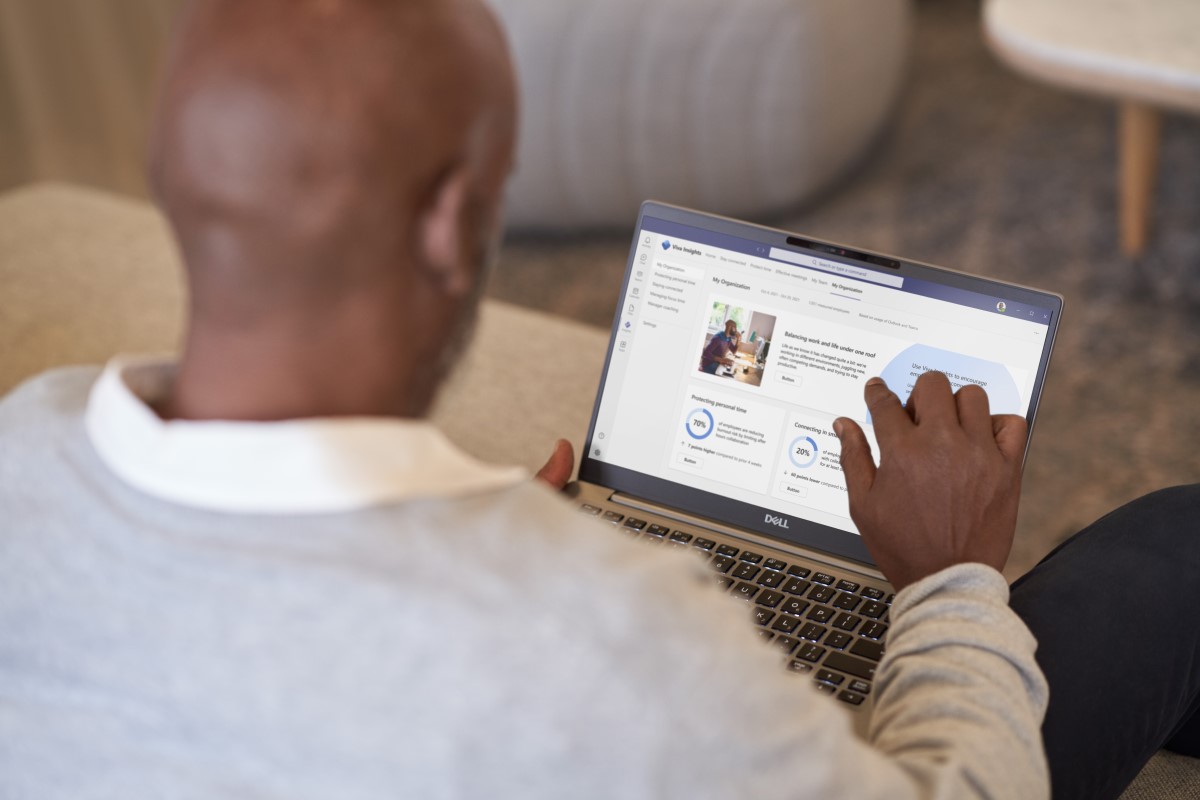Author: Blog Poster
Sustainable Jeans and Sneakers Manufacturer Chooses Microsoft 365 to Stay One Step Ahead
1083 is a jeans and sneaker company that prioritizes recycling and reusing materials to combat waste. Read the customer story to see how Microsoft 365 Business Premium helps 1083 run efficiently and enjoy enhanced security.
Fiserv uses Microsoft Azure to simplify payment operations and reduce costs for its financial institution clients
When Fiserv sought to help its financial institution clients modernize and transform payment processing infrastructure, the global financial services company extended its Enterprise Payments Platform to the cloud on Microsoft Azure. Get the story to learn from Fiserv’s experience using Microsoft Azure to deliver real-time payment processing, simplify payment operations and reduce costs.

Unleash the Power of Your Small Business with Microsoft 365
Small businesses today have had to adapt to new ways of working, a challenging operating environment and ever-changing customer expectations. Read the blog for insight on how Microsoft 365 is tackling those challenges.
End user passwordless utopia
With all the different technologies available in Azure and Azure Active Directory (Azure AD), it’s easy to miss the bigger picture and how they all play into the end-user experience. Some promote convenience; others, security. All lessen the authentication burden on users and increase security posture. Read this technical blog for a walkthrough.

Microsoft Entra Verified ID
Together with the open standards community, customers and partners, Microsoft is helping create a decentralized identity system designed for security, privacy and inclusivity. Read the datasheet for additional information on the features and benefits of Microsoft Entra Verified ID.,

Microsoft named a Leader in 2022 Gartner Magic Quadrant
Microsoft Azure Active Directory (Azure AD), part of Microsoft Entra, earned Microsoft a Leader rank for the 6th year in a row in the 2022 Gartner® Magic Quadrant™ for Access Management. The recognition is testament to Microsoft’s focus on delivering innovative solutions that enable customers to do more with less.
How can we help you be more proactive about identity & access management? Reply if you’d like one of our experts to reach out to discuss your goals and the solutions we offer to address them — including @Microsoft Entra.

Free Virtual Desktop Consultation
Try before you buy is always good advice. That’s why you should take advantage of a free consultation with one of our experts on Azure Virtual Desktop and how it can help you create a secure, flexible and adaptive hybrid cloud environment. Sign up for the Free Azure Virtual Desktop consultation today.

Free Phishing Security Training Consultation
#cybersecurity
#Phishing
@Microsoft